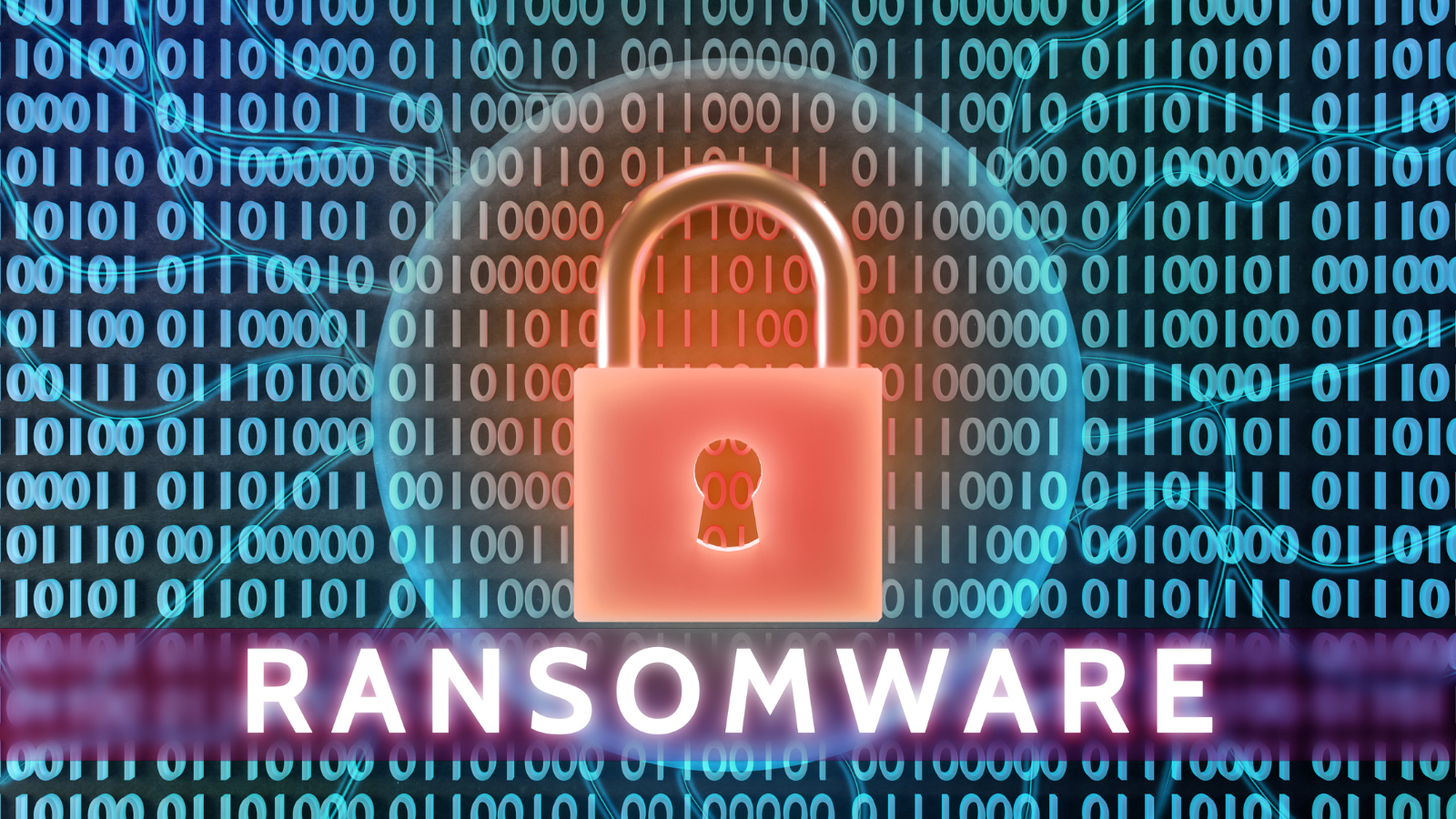Third-Party Cyber Risk is a Growing Concern for Organizations
The reliance on third-party providers poses significant cyber risks for organizations, with a majority (57%) experiencing breaches or attacks through these relationships. Companies face the challenge of evaluating and aligning their cybersecurity policies with those of their partners, a process that can be time-consuming and costly. However, the emergence of AI-powered text comparison technology offers a promising solution, enabling organizations to efficiently assess and compare policies while significantly reducing manual effort and improving the overall cybersecurity posture of the ecosystem.
Senator Rand Paul (R-Ky.) is opposing a unanimous passing of a bill, requiring Democrats to spend more time on it before a roll-call vote.
The U.S. House of Representatives is speeding up a vote next week on a bill that would force China's ByteDance to sell off TikTok within six months or face a U.S. ban.
A bipartisan group of U.S. lawmakers has introduced legislation to push China's ByteDance, owner of TikTok, to divest the app within six months or face a U.S. ban due to national security concerns over its Chinese ownership.
Australia's National Cyber Security Coordinator has labeled the recent cyberattack on logistics firm DP World as a "nationally significant cyber incident."
As the nation emerged from the pandemic, smash-and-grab robberies drew attention in California, targeting high-end stores.
Cargo theft has reached a decade-high, with the second quarter of 2023 witnessing a 57% increase compared to the previous year, totaling 582 thefts across the U.S. and Canada.
Several major tech companies, including Amazon, Google, Meta, Microsoft, and others, have made voluntary commitments to meet a set of artificial intelligence (AI) safeguards brokered by the White House.
Following the MOVEit ransomware cyberattack, a cybersecurity expert highlights the significant threat posed by supply chain cyberattacks, which have the potential to force organizations out of business.
The reliance on third-party providers poses significant cyber risks for organizations, with a majority (57%) experiencing breaches or attacks through these relationships.
U.S. Congressman Carlos Gimenez has introduced the "Port Crane Security & Inspection Act of 2023," a bill that aims to ban Chinese-manufactured cranes from being installed or used at U.S. ports.
Under new EU regulations set to come into force in 2024, European transport and logistics firms, including airlines, airports, and shipping lines, will have to bolster their cybersecurity measures.
Brian Gant, an assistant professor of cybersecurity at Maryville University, discusses the recent wave of cyberattacks originating from China, which have targeted various entities, including the U.S. government, businesses, and individuals.
A recent study has revealed that over a fifth of companies fail to conduct security checks before entering into a contract with a third-party supplier.
Numerous ports in the United States are utilizing cranes made in China, and it has been discovered that they include sensors capable of measuring and tracking the destinations of containers.
A cyberattack, possibly linked to North Korea, has attempted to install malware in over 1,000 networks to steal information and credentials from corporate networks.
The Kremlin of Russia has ordered all government officials to immediately cease use of Apple iPhones due to the phone’s perceived vulnerability to western intelligence breaches.
Cybersecurity is an increasingly important issue in the supply chain, as companies are increasingly reliant on digital systems to manage their operations.
The Biden Administration announced its plans to expand the minimum cybersecurity requirements for critical industries with the goals of prevention - before cyberattacks can even begin.
Dole, the company famous for its delicious and sweet pineapples, has announced that it had to pause production in North America after ransomware attacked its company systems.
Cyberattacks are a growing threat to global supply chains, and they can result in significant disruption, financial loss, and reputational damage.
Incomplete data and strained law enforcement can create an environment that is permissive to cargo theft, as thieves are able to exploit gaps in security, intelligence, and enforcement.
At least, according to a survey conducted by the World Economic Forum - which found that 93% of cybersecurity experts and 86% of business leaders are wary of this issue.
More often than not, cybercriminals are counting on a company’s leadership being ignorant of the destruction that can be wreaked on the company’s internal systems.
German Chancellor Olaf Scholz’s cabinet outlined new regulations this week, highlighting critical infrastructures on a federal level to protect the country from Russian threats against its economy.
In a Jonesboro, Arkansas truck repair show last Tuesday, a group of thieves stole 25 18-wheeler tires during the night.
Unattended cargo containers are sitting ducks for ambitious thieves.
The majority of the cyber-attacks are originating from Russia and Europe as international adversaries attempt to disrupt the American economy.
Supply chain fraudsters are growing bolder by the day, but the leaders in the industry are working hard to counteract them.
In the past five years alone, there have been 114 cargo thefts reported over the 4th of July holiday. The total loss in value was $5,535,417.































The EPA issued a crucial alert, urging water utility systems to enhance their cybersecurity measures immediately to protect the nation's drinking water.